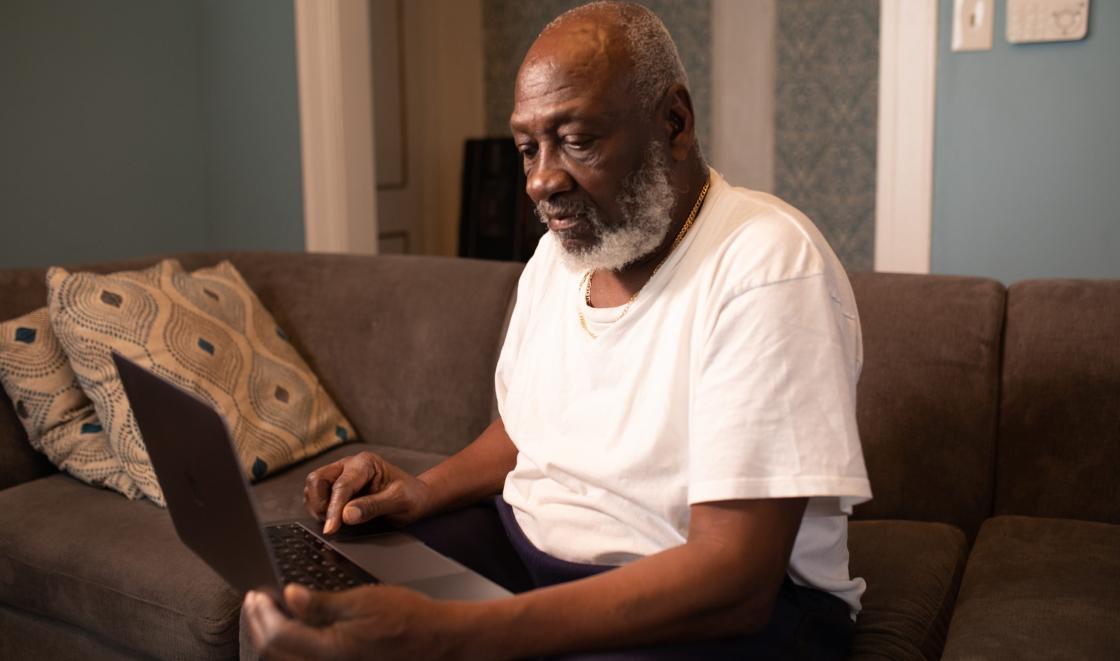Key findings from the 6,030 patients who responded to the Trust surveys on remote consultations in mental health settings were that they allowed the flexibility of varying levels of support during the pandemic, and care was more accessible to populations who may have previously found travel to appointments challenging and some patients felt more relaxed in their own home during the consultation.
From the 554 clinicians that responded to the Trust surveys, including psychologists, psychiatrists, psychotherapists and nurses, training to use technology was raised as a need for both clinicians and patients.
Patients, carers, and clinicians said remote consultations were more convenient, reduced travel time, saved travel costs and meant family members were readily able to attend family sessions. In particular, remote mental health consultations were acceptable to people during Covid-19 to continue their treatment.
However, there is no ‘one size fits all’ and an individualised approach will always remain the gold standard, especially for new patients and children, those with a psychosis diagnosis, learning difficulties or the digitally excluded. Other barriers to remote consultations included where patients or clinicians could not access a private space and were confident they would not be interrupted.
The report includes three evaluations:
- Two evidence reviews of research both prior and during Covid-19 conducted jointly with the NIHR Mental Health Policy Research Unit.
- Thematic analysis of patient and staff surveys from across the three Trusts, which received 6,608 responses.
- The results of an e-survey on 32 projects with a focus on patient and/or staff perspectives on experience.

